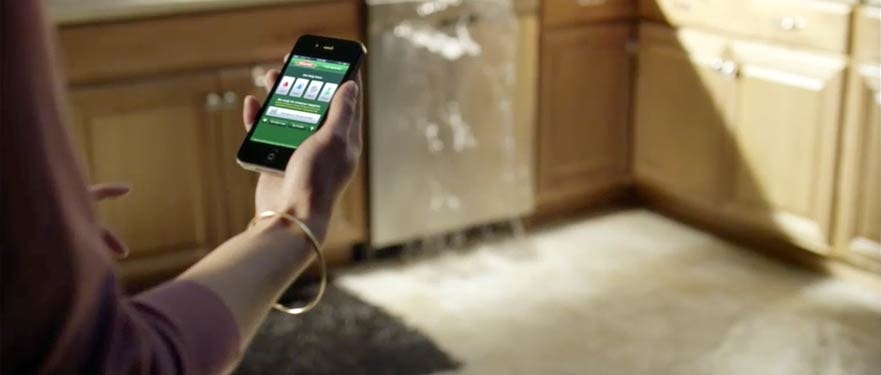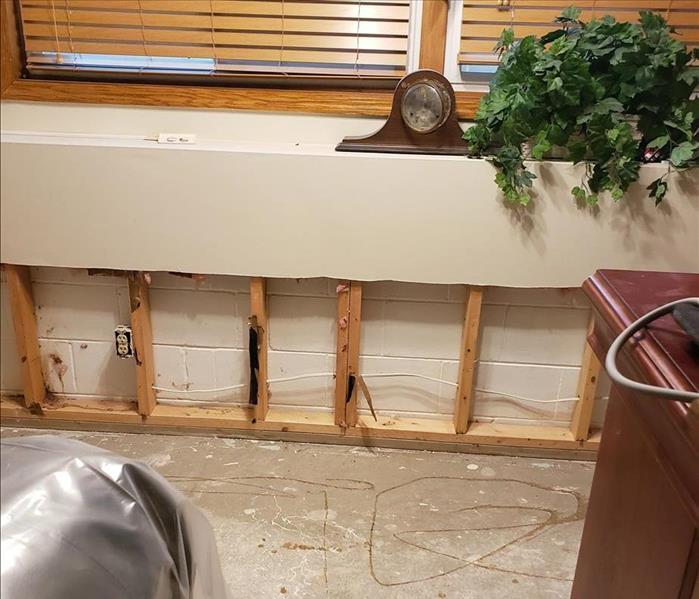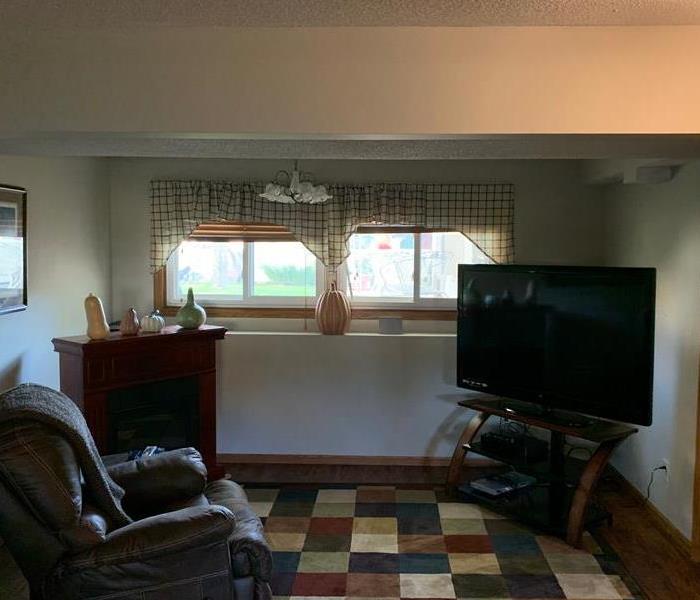
Water Damage Emergency Tips
What you can do until help arrives
Water Tips | Fire Tips | Biohazard Tips | Mold Tips
After a water damage, customers are sometimes unsure about how bad the damage is or whether they need to call in a restoration company. Review the following water damage restoration tips so that you are more prepared when disaster strikes.
Safety First
First and foremost, before you enter any area of your home or business that has been damaged by water, ensure that it is safe. Some things to be aware of are slip hazards and electrical hazards.
Determine the Damage
If you can safely enter the room, then try to answer these questions to help determine nature of the water damage:
- What is the source of the water? Did it come from the toilet? If so, did the water overflow from the bowl or did one of the supply lines break?
- What kind of water are you dealing with? Water that came up from a toilet is highly contaminated and can pose several health risks. Alternatively, water from a cleaner source like a pipe poses a much smaller health risk.
- How far did the water get? Did the water reach the walls? The ceiling below? Did it wick up cabinets and floor boards?
Water damage repair is the name of the game for us. Depending on the type of damage, the water damage repair cost can vary greatly.
If you have detailed information, we can give guidance on how much damage you have and whether you may need our services. Call us 24/7 at 952-473-4837.
Have A Water Damage Emergency? Call (952) 473-4837
What To Do After Flooding
- Remove excess water by mopping and blotting.
- Wipe excess water from wood furniture after removal of lamps and tabletop items.
- Remove and prop wet upholstery and cushions.
- Place aluminum foil or wood blocks between furniture legs and wet carpeting.
- Turn air conditioning on for maximum drying in summer.
- Remove colored rugs from wet carpeting.
- Remove art objects to a safe, dry place.
- Gather loose items from floors.
What NOT To Do After Flooding
- Don't leave wet fabrics in place. Hang furs and leather goods.
- Don't leave books, magazines or other colored items on wet carpet or floors.
- Don't use your household vacuum to remove water.
- Don't use television or other household appliances.
- Don't turn on ceiling fixtures if ceiling is wet, and keep out of rooms where ceilings are sagging.






 24/7 Emergency Service
24/7 Emergency Service




